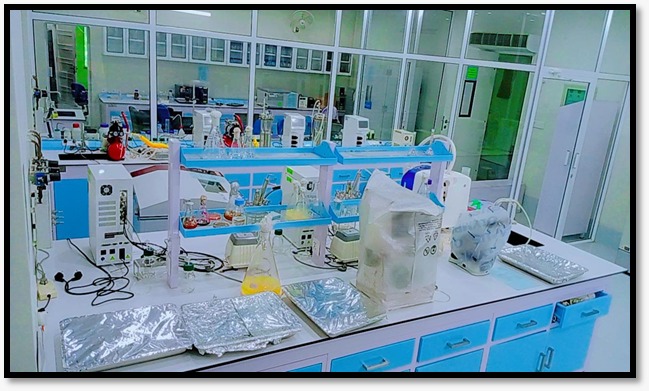Computational Vaccinology

| Computational Vaccinology | |
|---|---|
| Course Description | Computational vaccinology overlaps with Computational Immunology, reverse vaccinology, vaccinomics, and systems vaccinology to address questions in vaccinology. This interdisciplinary field uses computational resources and algorithms to aid in vaccine design. The course highlights recent developments in computational vaccinology, focusing on epitope and antigen identification, and the discovery of delivery vectors and adjuvants. These advances aim to reduce the laboratory resources required for efficient vaccine discovery. |
| Recommended Books | 1. Rappuoli, R., & Bagnoli, F. (2011). Vaccine design: Innovative approaches and novel strategies. Horizon Scientific Press. 2. Sakharkar, K. R., Sakharkar, M. K., & Chandra, R. (2015). Post-Genomic Approaches in Drug and Vaccine Development. 3. Tong, J. C., & Ranganathan, S. (2013). Computer-aided vaccine design. Elsevier. |
| Course Learning Outcomes | After completing this course, students will be able to apply different concepts of vaccinology in the computational domain. |
| Assessment System | Quizzes: 10-15% Assignments: 5-10% Midterm Exam (MSE): 30-40% End of Semester Exam (ESE): 40-50% |
| Lecture Plan | ||
|---|---|---|
| S.No. | Description | Quizzes/Assignment |
| 1 | Introduction to Computational Vaccinology | |
| 2 | Design of New Vaccines in the Genomic and Postgenomic Era | Quiz 1 |
| 3 | Application of Computational Immunology to Vaccine Design | |
| 4 | Target Identification for Vaccines | |
| 5 | Computational Vaccinology Workflow | Assignment 1 |
| 6 | Cancer Vaccines: Computational Modeling Approaches | |
| 7 | Reverse Vaccinology & Vaccine Screening | |
| 8 | Epitope-Driven Approaches for Vaccine Design | Quiz 2 |
| 9 | DNA Vaccines | Assignment 2 |
| 10 | Allergen Bioinformatics | |
| 11 | Identification of Vaccine Targets in Pathogens | |
| 12 | Computational Vaccinology: Quantitative Approaches | Quiz 3 |
| 13 | Structural and Computational Biology in the Design of Immunogenic Vaccines | |
| 14 | Vaccine Antigens | |
| 15 | Emerging Trends in Computational Vaccinology | Assignment 3 |
